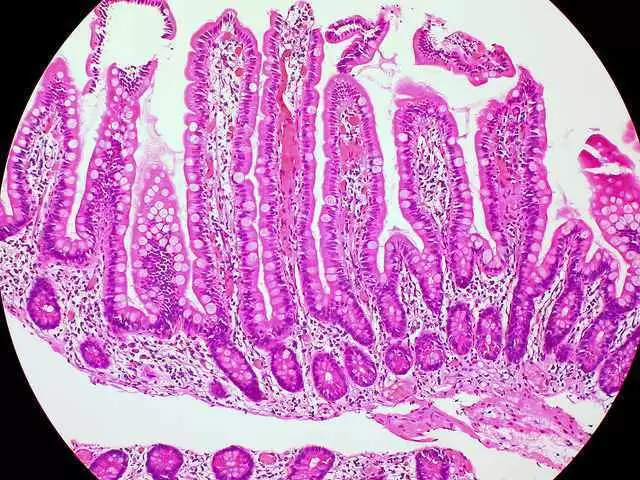
Celiac.com 06/17/2020 - Researchers have found no connection between dietary gluten consumption, and the rates of Crohn’s disease or ulcerative colitis in women without celiac disease, according to data from Digestive Disease Week. The researchers found that for women without celiac disease, "eating gluten does not increase a person's chance of being diagnosed with IBD. We found that dietary gluten intake was not associated with increased risk for ulcerative colitis or Crohn's disease,” says Emily W. Lopes, MD, from Massachusetts General Hospital in Boston.
A team of researchers including Lopez and her colleagues carried out a prospective study of more than 208,000 women without prior diagnosis of celiac disease or IBD at baseline, selected from the Nurses' Health Study, Nurses' Health Study II, and Health Professionals Follow-up Study for over a 20 year period.
Celiac.com Sponsor (A12):
The team used semiquantitative food frequency questionnaires given at baseline and every 4 years to calculate the total average dietary intake over the follow-up. They also reviewed patient records to confirm self-reported cases of Crohn’s and UC.
The team used quintile categories of gluten intake with Cox proportional hazard modeling to calculate multivariable-adjusted hazard ratio and 95% confidence intervals for risk for celiac disease and UC. All models were adjusted for age, BMI, smoking, total caloric intake, dietary pattern, physical activity, appendectomy and medications correlated with risk for IBD.
The team found 272 cases of celiac disease, and 359 cases of ulcerative colitis, over 2,026,573 person-years. Investigators found no link between dietary gluten consumption and patient risk for celiac disease or ulcerative colitis incidence. There was no difference between refined grains and whole grains as the main source of gluten intake, once data was adjusted. Also, neither baseline age, BMI or smoking status changed the findings.
The findings do not cover patients with IBD, since, as Dr. Lopez notes, "...we did not study the impact of gluten intake on those already diagnosed with IBD, thus we cannot expand our results to this population.”
This data was to be presented as part of Digestive Disease Week 2020: Lopes EW, et al. Abstract 847. Presented at: Digestive Disease Week; May 2-5, 2020; Chicago (meeting canceled).
Read more at Healio.com









Recommended Comments
Create an account or sign in to comment
You need to be a member in order to leave a comment
Create an account
Sign up for a new account in our community. It's easy!
Register a new accountSign in
Already have an account? Sign in here.
Sign In Now